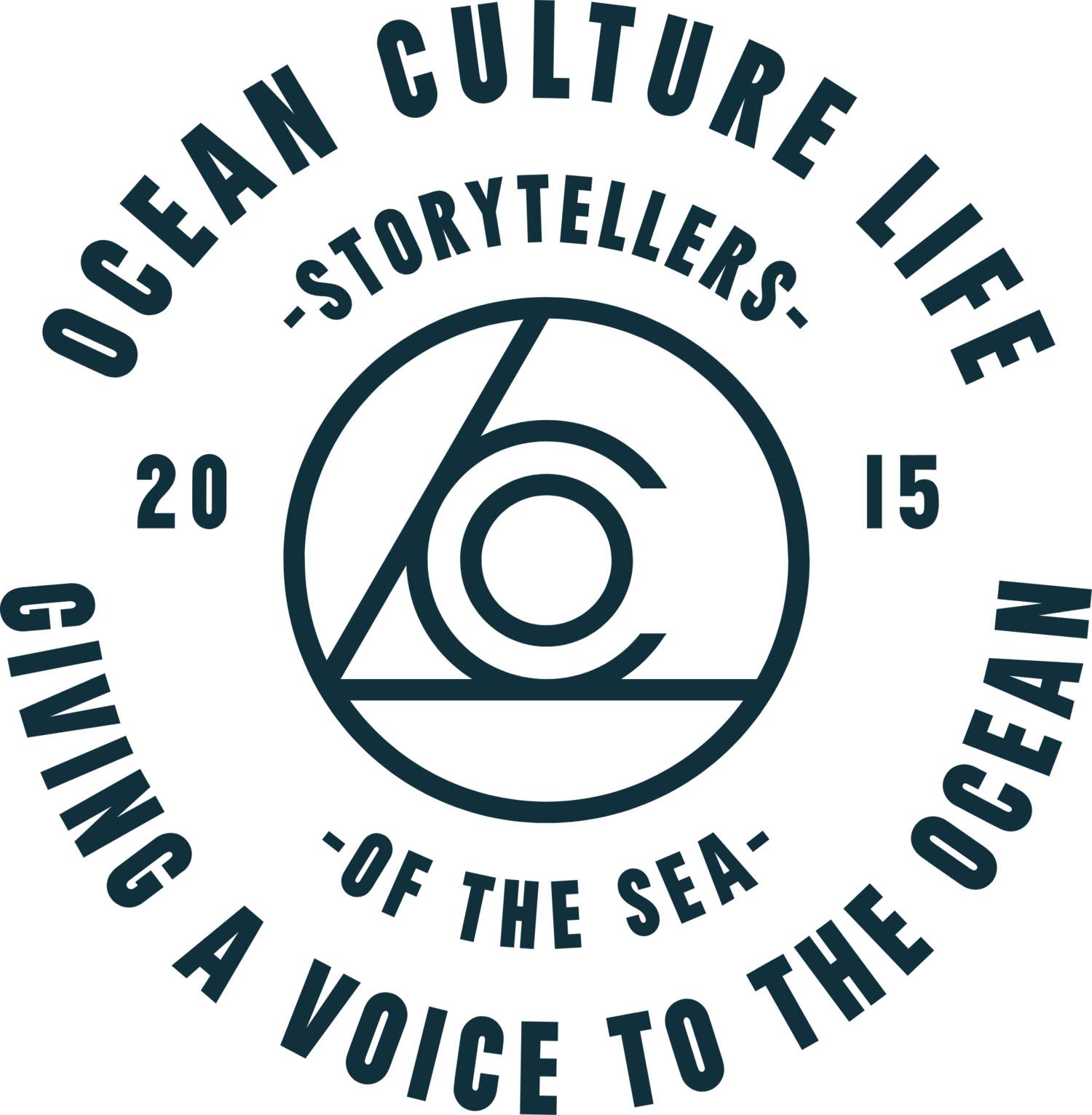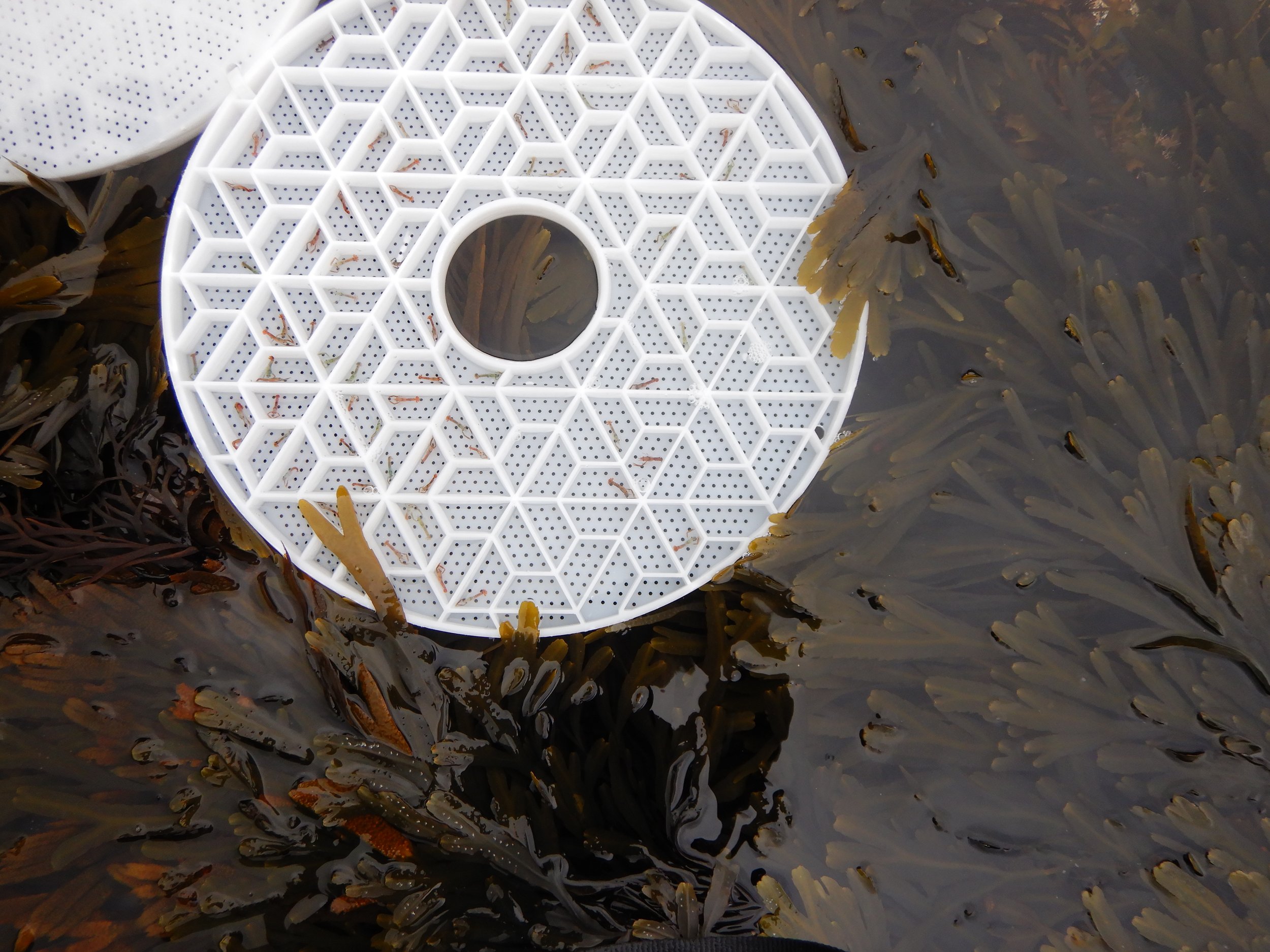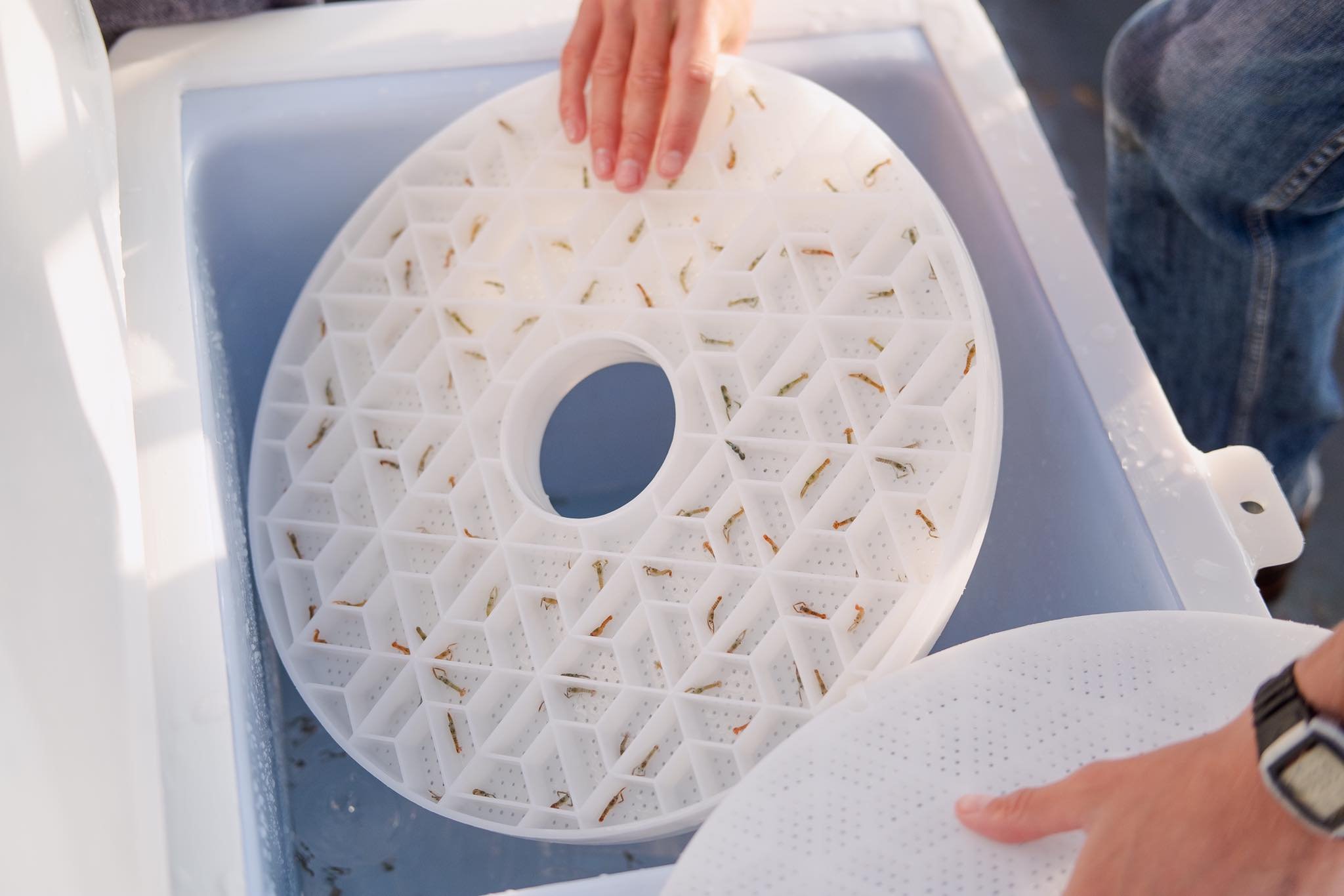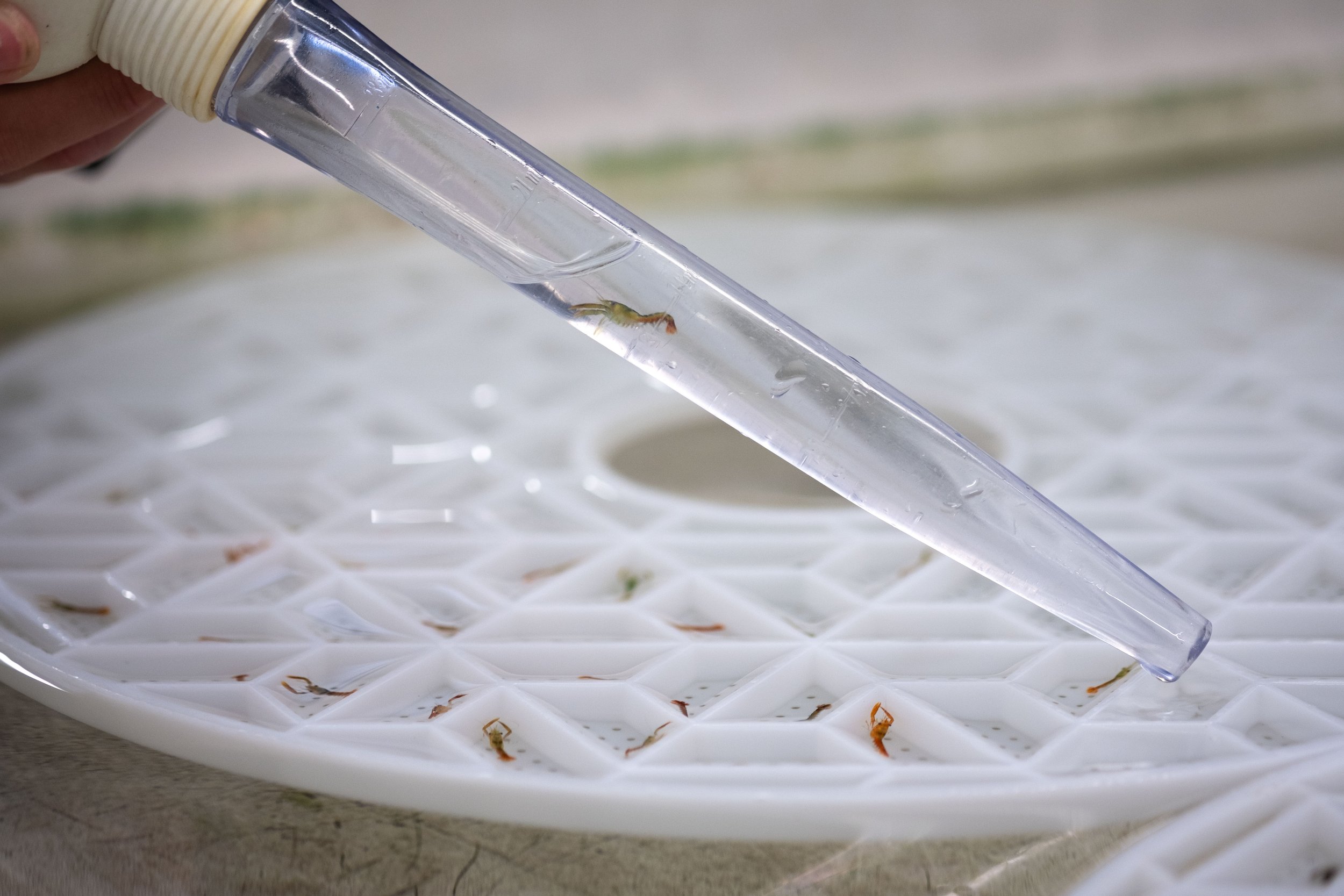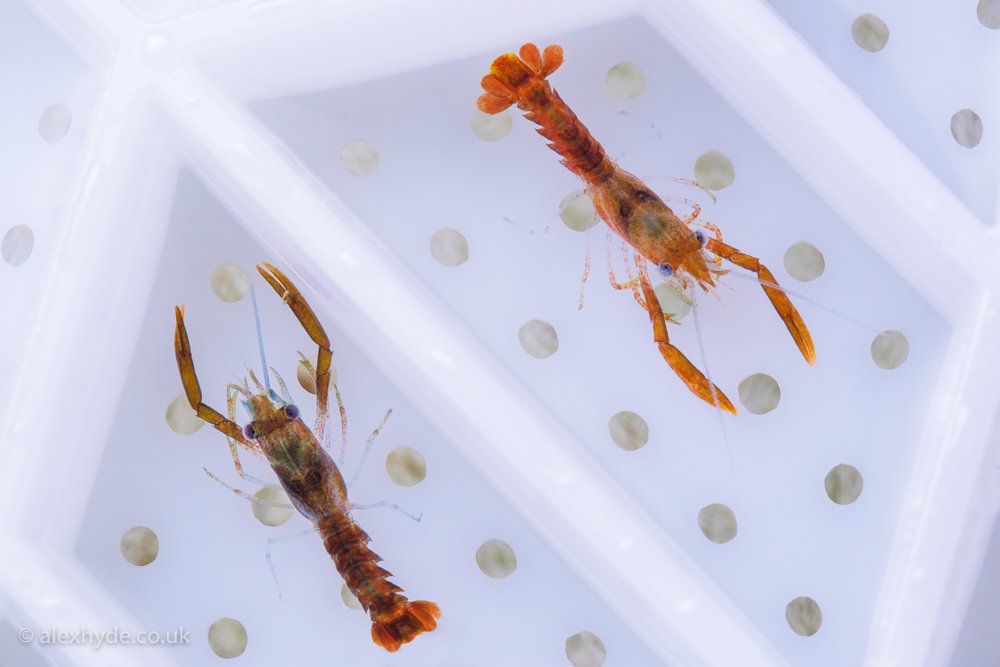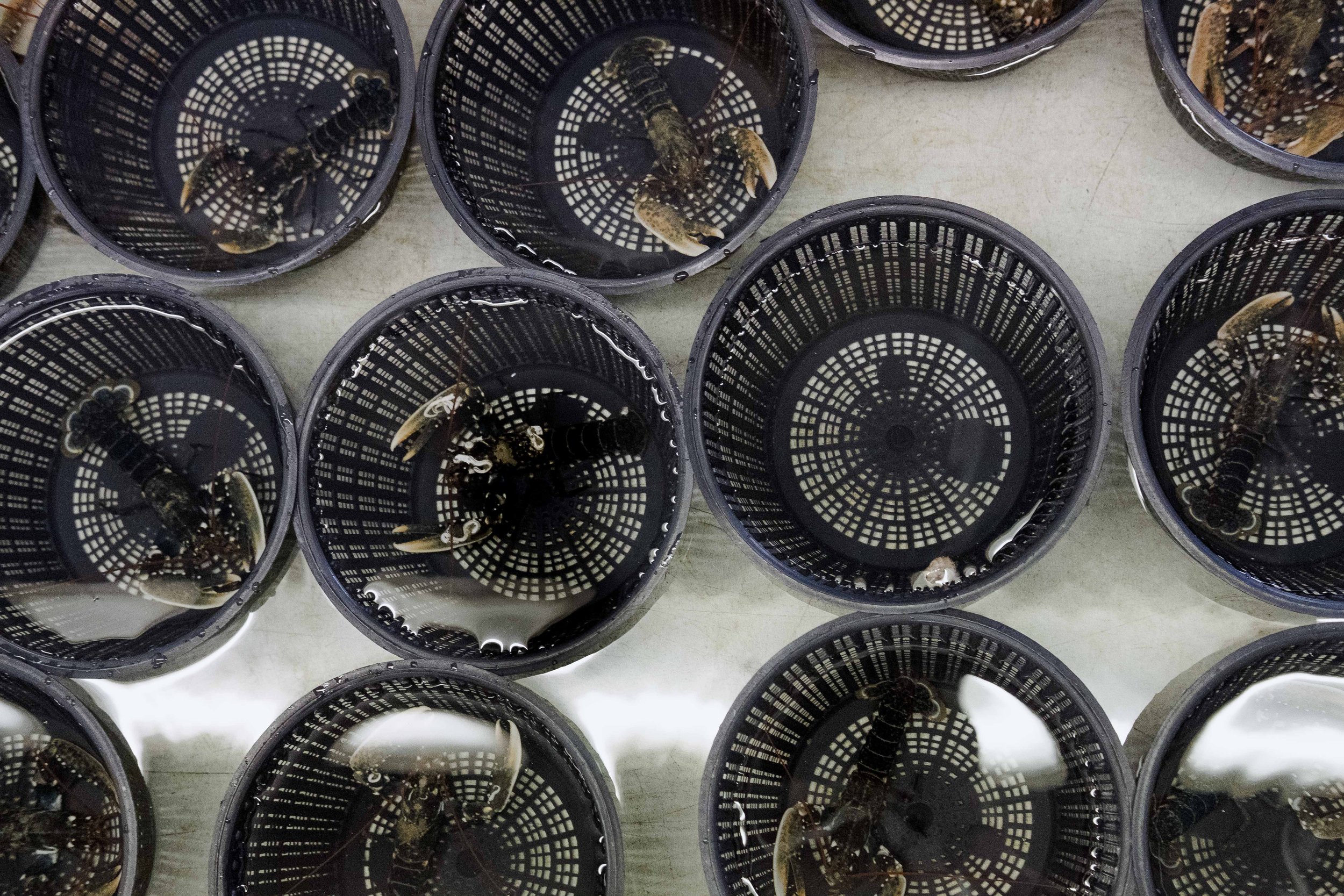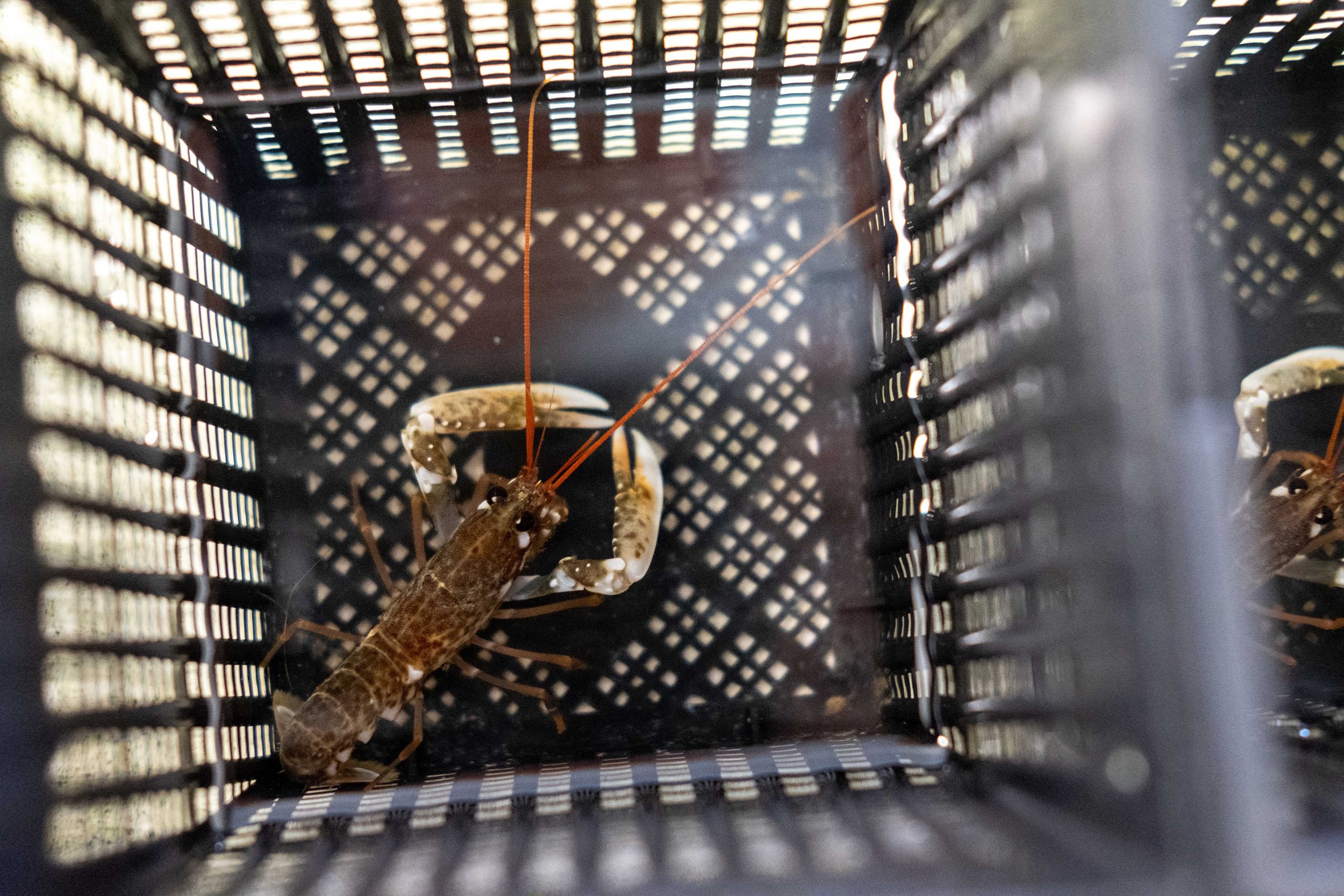The National Lobster Hatchery
The National Lobster Hatchery is a marine conservation, research, and education charity based in Padstow, Cornwall, UK. What makes us unique is that their work is specifically related to a commercial species – The European Lobster and in the last few years The National Lobster Hatchery has successfully established itself as a centre of expertise on a global scale.
Lobster is worth a huge amount in terms of both its economic and social importance. Consequently, they are subject to considerable fishing pressure and vulnerable to catastrophic stock collapse. Both the Scandinavian and Mediterranean stocks have completely collapsed and have still not recovered to this day.
The European Lobster is the most valuable fish caught in the UK and is part of a major export industry. This one species alone is worth £47m each year and I know that without it, the small coastal communities would have very little, other than tourism, to create jobs and keep the harbour alive.
Image Credit: Johnny Fenn
The National Lobster Hatchery’s Mission
The mission here at The National Lobster Hatchery (NLH) is to develop the science of lobster stock enhancement in Cornwall and further afield. This is undertaken through interventions that complement traditional fisheries management tools. Our long-term aim is to apply the concepts and procedures that we have developed for lobster to other species to provide a sustainable future for other valuable sources of food.
Completed by three imperative stages:
Marine Conservation
We operate a stock-enhancement programme for the European lobster within our inshore waters.
Research
We conduct pioneering research that aims to assess the impact of this stock-enhancement programme, as well as further develop stocking and culture techniques.
Education
We seek to raise awareness about fisheries and aquaculture sustainability issues, as well as how to resolve them.
The National Lobster Hatchery’s Inspiration
Our founder Edwin embedded himself in the marine and aqua industry since the age of 15 and therefore saw the importance of its conservation and evolving nature to meet the 'times'.
Being an active member in the local Padstow community and the economic and environmental impact that these species have both in the sea and on land.
Sustainability in all aspects has been at the forefront of The National Lobster Hatchery and what this means for lobsters and fishing in hand. The expansion of us as a charity has meant that we can reach educational and research milestones, which is what drives us to ensure that we are doing our bit for the species, our economy, and mostly our environment.
What do you hope to change in the world?
More sustainably and consciously managed oceans and fishers and continually safeguarding and respecting our marine life.
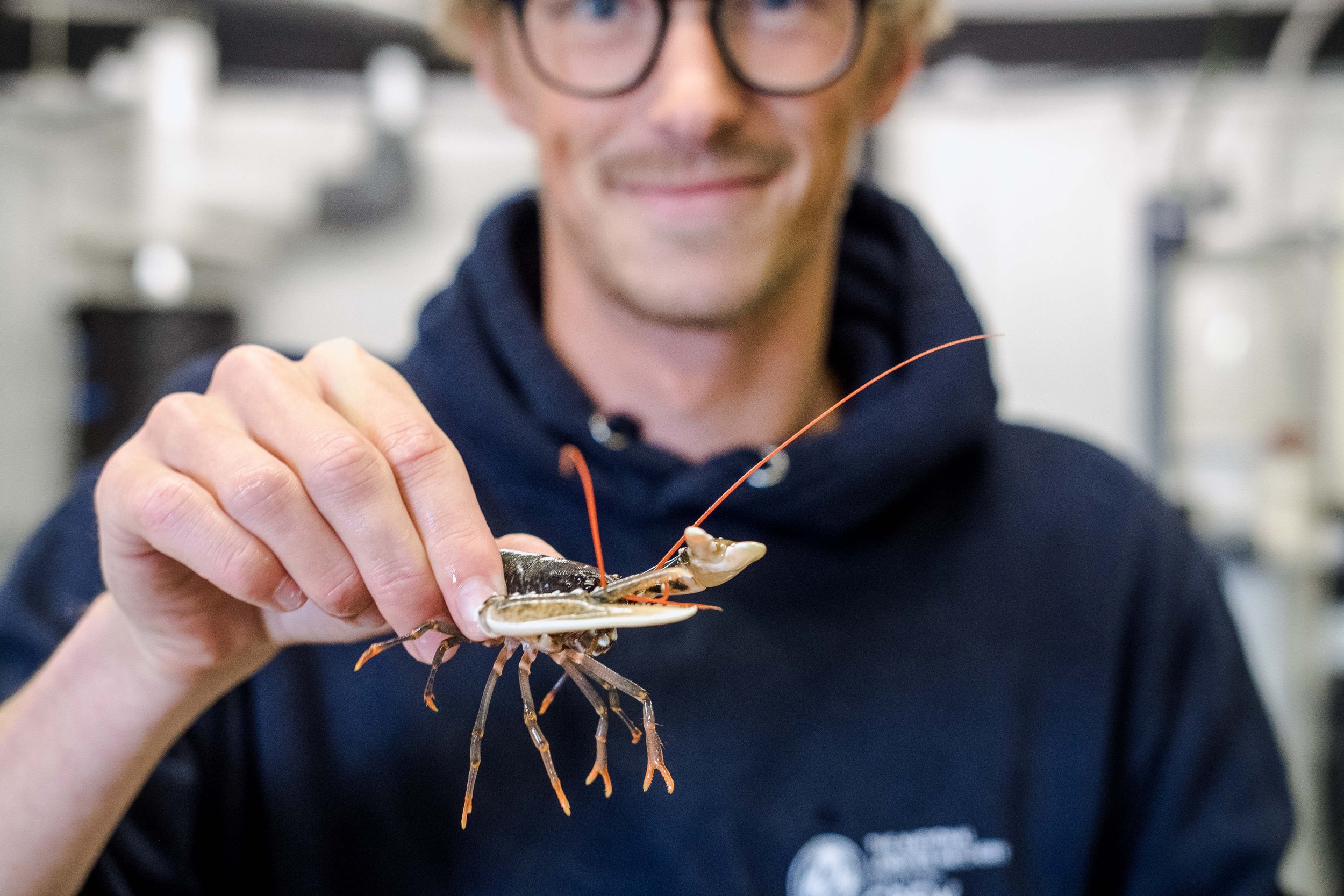
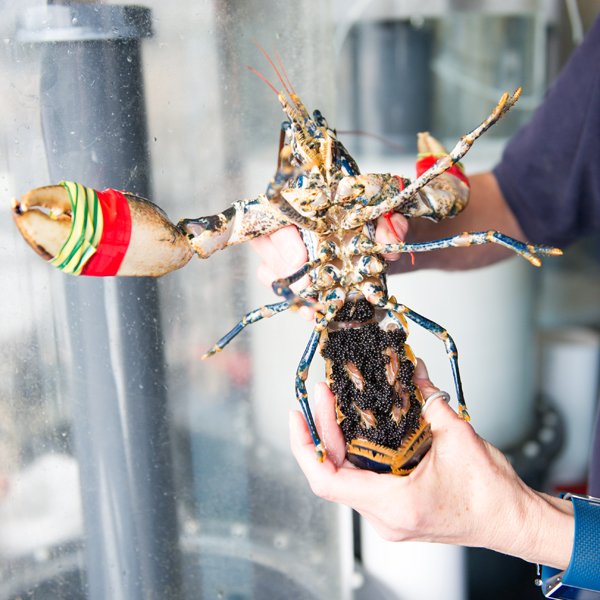
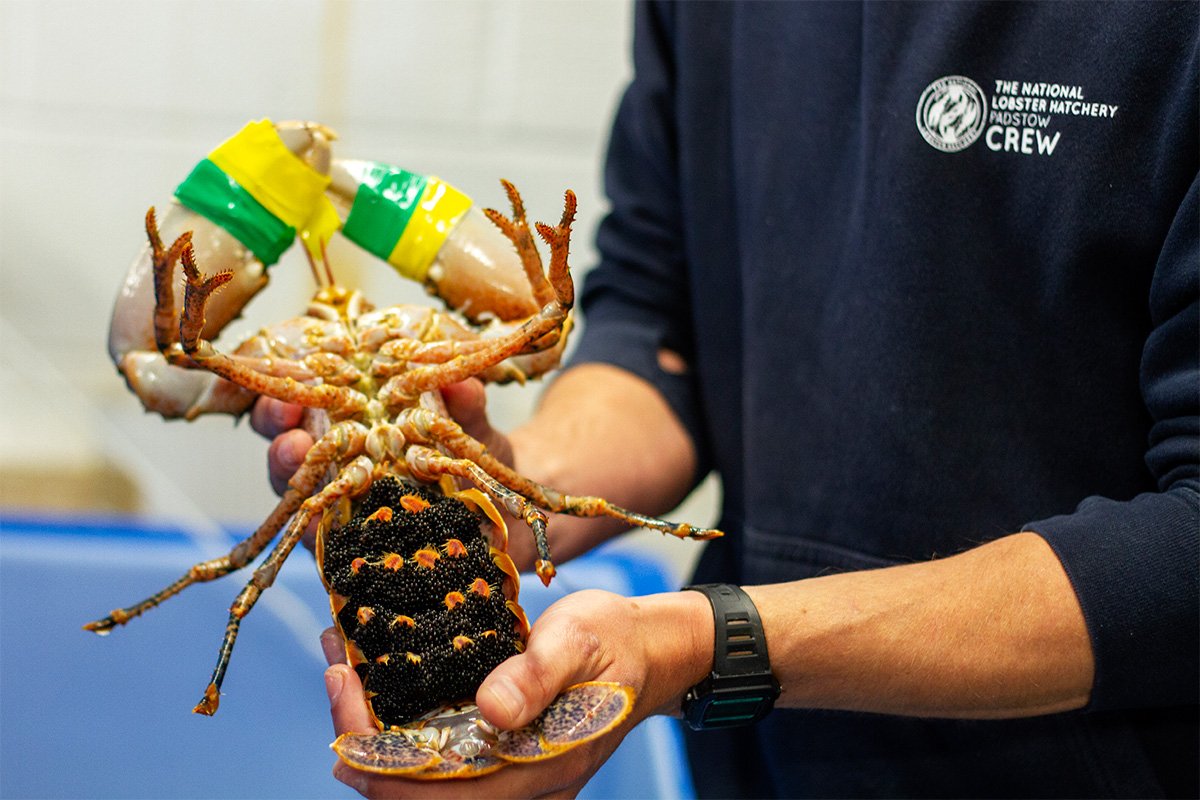
What legacy do you hope to leave?
A happy and healthy ocean.
What current projects are you working on?
Our lobster stock enhancement programme, which involves raising juveniles through their vulnerable stages and releasing them into the wild, is the focus of this activity. Whilst a large female lobster can carry in the region of 20,000 eggs, only a few are thought to survive to maturity. Building on the work of researchers in the UK, Norway, and Germany who have established clear proof of principle relating to the positive impacts of stocking, our innovative techniques can improve this survival rate by several orders of magnitude.
Research is essential to the continued success of our work if we are to resolve issues of sustainability. To maximise resources, we have established effective partnerships with leading academics and institutions, and much of our research is collaborative.
Image Credit: Johnny Fenn
The science behind stocking is poorly developed and there are a bewildering array of questions that we either have no, or inadequate answers to. This makes the practical application of this science both difficult and risky. For this reason, we have developed a Research, Development and Innovation strategy that sets out the key developmental areas for the charity to further examine. This strategy acts as a working document that underpins the NLH Research, Development and Innovation (RD&I) Committee and guides NLH scientific collaborators.
Our Visitor Centre promotes the importance of sustainability and responsible marine resource management, using the European lobster as an example species, and routinely welcomes approximately 45,000 people a year. We attract students and volunteers from around the world who wish to train with us and work with schools, colleges and universities in the region in a formalised way.
Image Credit: Johnny Fenn
